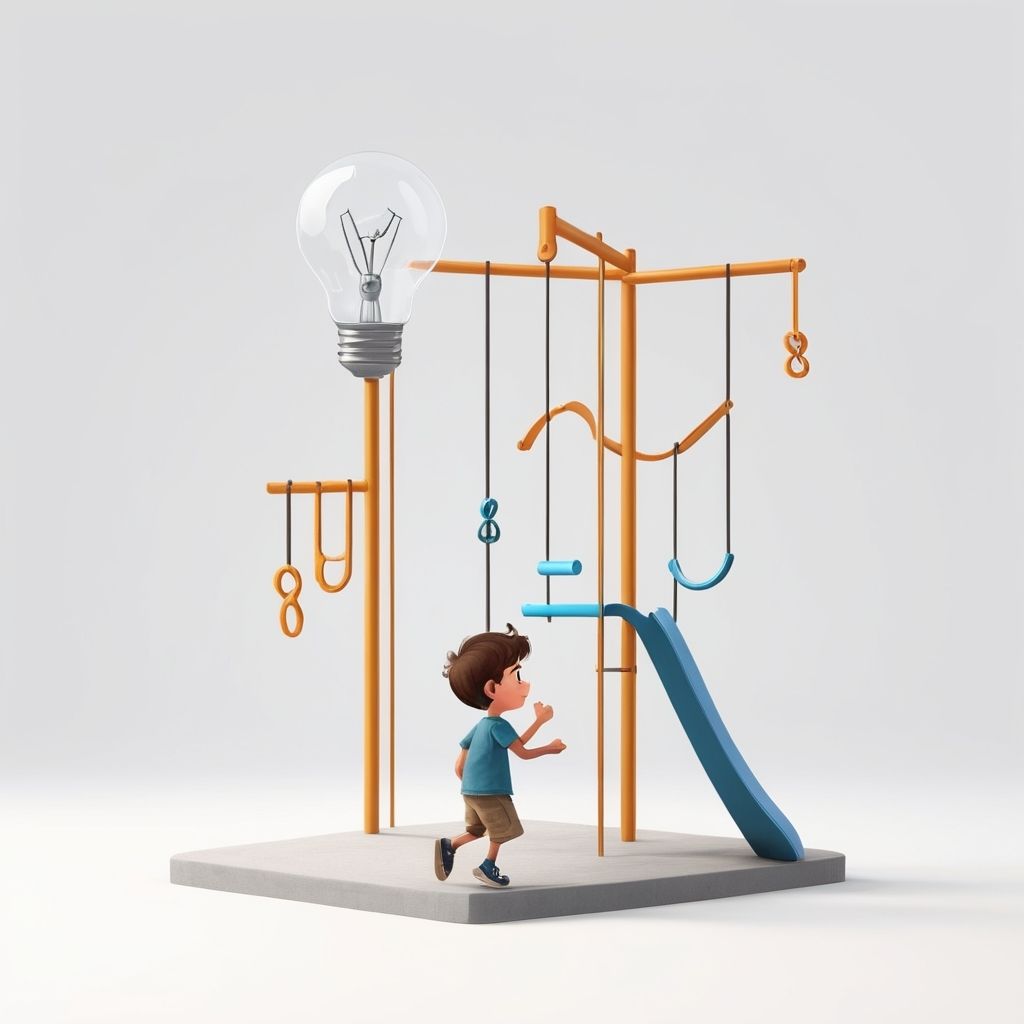- Masters of Babel
- Posts
- Did we exile all the interesting ideas?
Did we exile all the interesting ideas?
Playing with challenging ideas, presenteeism and how sci-fi can help you develop a better strategy
Hi, and welcome to the 101 of you who joined recently.
I’l be honest - I tried to find a way to mention the Dalmatians but all the options ChatGPT suggested were too cringey. Anyway - it’s good to have you here!

We exiled all the interesting ideas
Storytelling, pitching, hooks, hacks and virality are only a few among the concepts that creeped in our way of engaging with content.
If we hear an idea from a non-charismatic speaker, if we do not immediately understand what to do with that idea, or if we simply cannot understand it very easily - we quickly give up and move forward.
It’s now legitimate to judge an idea by how much effort it requires from us to understand it and interact with it.
We look for ideas that are easy to consume. Many ideas are not like that: they require a certain level of commitment. They want you to explore them and play with them. They challenge you. Those are the best ideas: the ones that challenge you.
The online conversation, on the other hand, looks more like a fast food of ideas. It costs little, offers many options, and the vast majority have little depth. Those are great resources for quick, temporary satisfaction, and a poor option for those who want to build a healthy intellectual muscle.
So we find ourselves surrounded only by technical ideas - those that are useful to us - or entertaining ideas - which distract or amuse us. I don't like this direction. It leads to premature aging and to a boring and obvious life.
Even when we are in a meeting, or in conversation with a client, we often do our best to reduce the conversation to an exchange of simple, uncritical and easily digestible ideas.
We are at risk of losing the ability to think deeply, critically, richly. We prefer ideas that align with clichés. The muscle atrophies and we end up running away from ideas that can potentially change our lives for the good. Those that are interesting, challenging, profound: the ones that initially confuse you and then change the way you see the world.
We will never find external incentives to be able to think more sophisticatedly. The only solution is inner work.
We need to relearn how to react when we encounter a complex idea, even if it’s not really that complicated: stop anything else you are doing, look at that idea in the eyes and start playing with it until you understand that you have mastered it.
In a small way, this newsletter and the vast majority of my programs and workshops try to move in that direction: offer rich, unorthodox ideas as a starting point to raise our intellectual and professional skills.
See you soon,
Avy
Three ideas to play with
Classical music seems to deter people from being aggressive or from doing acts of vandalism. It’s called “hostile/defensive architecture”, which I have to admit, it’s a pretty cool name.
Aesthetics, ambience and sophisticated design are underrated: we still think of them as details that make our place nicer, but they can have a much deeper impact on our wellbeing and on societal dynamics. Read more here.
“Presenteeism” means working longer hours than needed and showing up even when sick. It’s not only a prerogative of Japanese dictatorial managers: it’s often a self-inflicted torture adopted by professionals who are scared of losing their job or who think that it will help them raise their own status.
We still consider office presence a signal of productivity, and it doesn’t really make sense. Yes, it helps the organizational culture. Not sure that it says something about the person’s efficiency. Outcomes should be the main parameter to judge an employee’s performance - any other detail is at best a nice add-on. Read more here.
One of my favorite models is called the “Garbage Can”. I know, appealing. One of its assumption is that teams find solutions based on what they are used to do and what they usually discuss - and not by making an effort of being creative. Very rarely an organization will do something totally new to their usual way of working.
One possible solution: working with hypotheticals. What would this look like in a world where…? How would people behave in a world where…? What if…?
This method takes inspiration from science fiction books, where authors create make-believe universes with unique rules, and offers an alternative that might just be what your team needs to generate new ideas. Read more here.
Here are the different ways one could die in outer space. You’ll be surprised.
One last thing
I never liked recording myself and I have never used a self-recording tool consistently. It changed when I started using Letterly (not a sponsor).
I can record myself in any language, and its AI engine will adapt the content recorded to my needs (reword into an e-mail, a to do list, a memo, and more). Strongly recommended
Was the time spent reading this e-mail worth it?Three cups of coffee being "of course!" (and also the maximum amount recommended by doctors, if you were wondering). |